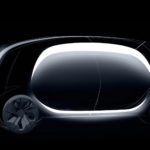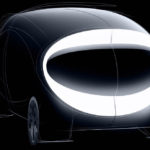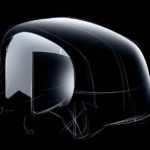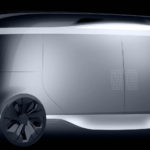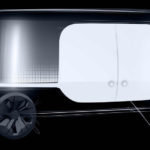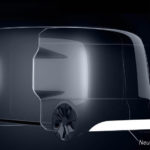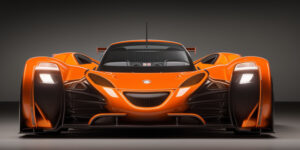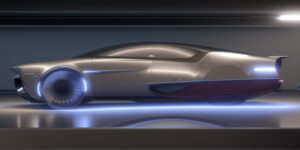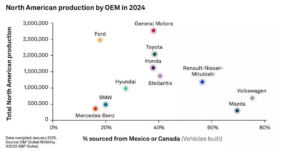Foresee Car Design’s Scenarios for the Future of Personal Transportation
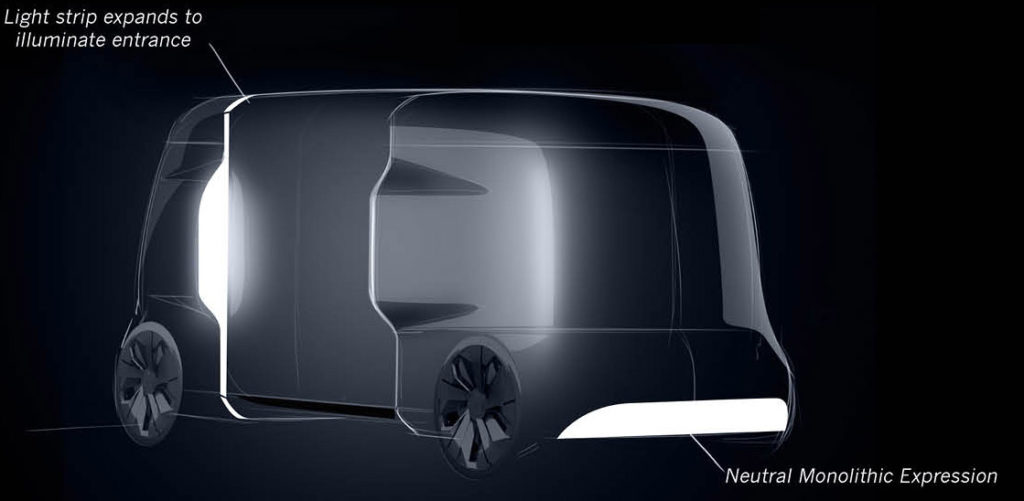

California based Foresee Car Design has been working on a zero emission future since their presentation at the Amsterdam RAI Motor Show in February of 1999. Foresee recently presented an update based on the various projects they have been working on recently as well as the global trends they’ve been witnessing.
The future of personal transportation is rapidly evolving, and there are many exciting developments on the horizon. From electric vehicles to self-driving cars, the way we move around our cities is set to change dramatically in the coming years. In this article, we will explore some of the key trends and technologies shaping the future of personal transportation.
One of the most significant changes we are seeing in personal transportation is the shift towards electric vehicles (EVs). With concerns over climate change and air pollution growing, many governments and consumers are looking to move away from traditional gas-powered cars and towards cleaner, more sustainable options. EVs offer several advantages over their gas-powered counterparts, including lower fuel costs, reduced emissions, and quieter operation. In addition, advances in battery technology have made EVs more practical, with longer ranges and faster charging times than ever before.
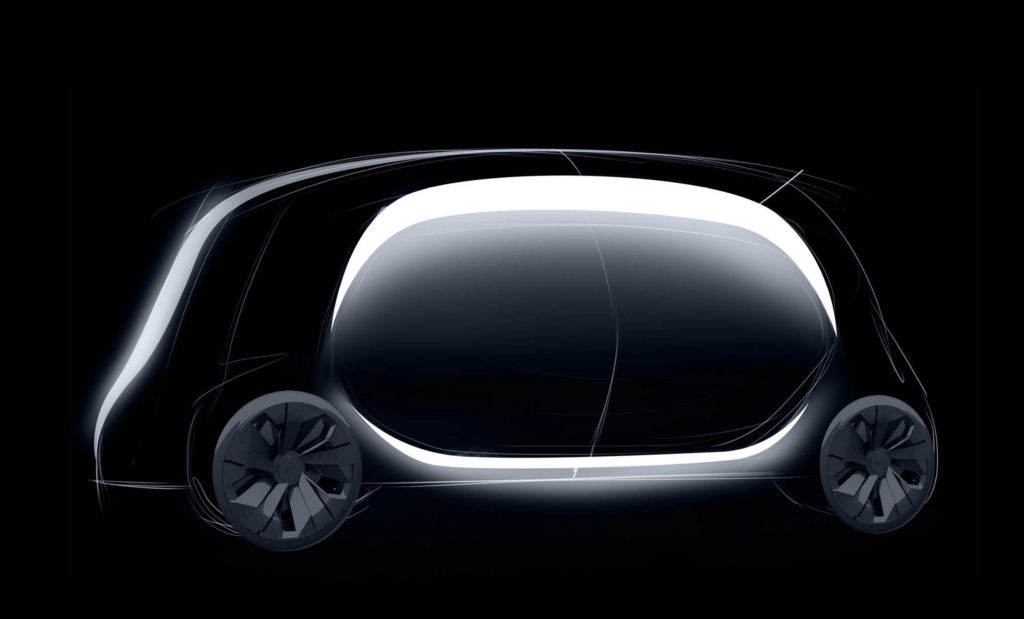
Another major trend in personal transportation is the rise of autonomous vehicles (AVs). Self-driving cars have been in development for many years, but recent advances in artificial intelligence, sensor technology, and machine learning have brought the dream of fully autonomous vehicles closer than ever before. AVs have the potential to revolutionize personal transportation by offering greater convenience, safety, and efficiency. For example, self-driving taxis could operate 24/7, providing a cheap and convenient alternative to traditional car ownership.
In addition to EVs and AVs, there are many other exciting developments in personal transportation on the horizon. Here are a few examples:
- Hyperloops: Hyperloops are a new type of transportation system that use vacuum-sealed tubes to transport passengers and cargo at high speeds. Hyperloops could offer a fast and efficient alternative to traditional trains and airplanes, connecting cities and regions in new and innovative ways.
- Flying cars: While flying cars have long been a staple of science fiction, recent advances in drone technology and electric powertrains have brought the concept closer to reality. Flying cars could offer a new level of freedom and mobility, allowing people to bypass traditional road networks and travel in three dimensions.
- Personal drones: Personal drones are already in use for recreation and photography, but they could also have applications in transportation. For example, a personal drone could transport a person or small package across a city quickly and efficiently, avoiding traffic and congestion on the ground.
- Micro-mobility: Micro-mobility refers to small, lightweight vehicles such as e-bikes, e-scooters, and electric skateboards. These vehicles are becoming increasingly popular in cities around the world, offering a cheap and convenient alternative to traditional cars and public transport. Micro-mobility could play an important role in reducing congestion and emissions in urban areas.
While the future of personal transportation is exciting, it also raises many important questions and challenges. For example, how will we manage the transition from gas-powered cars to EVs, and what impact will this have on the economy and the environment? How will we ensure the safety and security of autonomous vehicles, and how will we address the ethical and legal implications of self-driving cars? How will we design our cities and transport networks to accommodate new modes of transportation, and how will we ensure equitable access to these technologies?
These are complex questions with no easy answers, but they highlight the need for thoughtful planning and collaboration between governments, businesses, and individuals. As we look towards the future of personal transportation, we must strive to create a system that is safe, sustainable, and equitable for all.
In conclusion, the future of personal transportation is set to be exciting, innovative, and transformative. From electric vehicles to self-driving cars, hyperloops to personal drones, there are many exciting developments on the horizon. However, these developments also raise important questions and challenges that must be addressed in order to ensure a safe, sustainable, and equitable transportation system for all.

